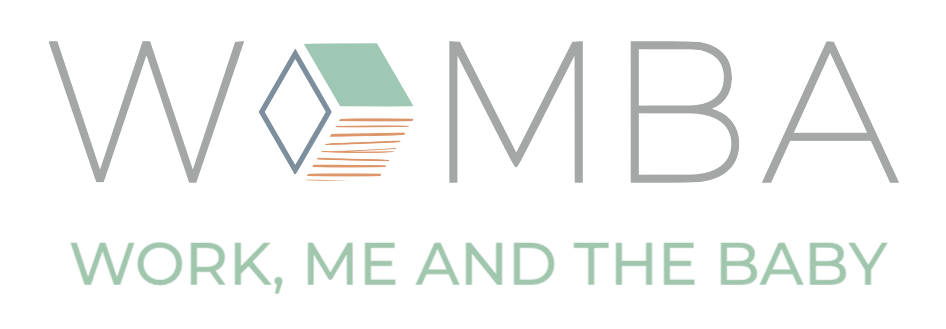To parent or not to parent
There was a parent who had adopted, a mum who had conceived via IVF, a mum who had miscarried, a dad who shares custody, a woman who’d decided not to parent and a mum who’d had an unplanned pregnancy.
What did they all have in common?
They’d all experienced judgement.
They’d all been asked questions that were deeply personal.
They’d all felt the need to justify their decision or situation.
What is it about parenting, or deciding not to be a parent, that makes us judgemental and opinionated? And to ask intrusive questions that we wouldn’t dream of in other aspects of our life – personal or professional.
“When are you going to have a baby?”
“Why are you going back to work so quickly?”
“When are you going to have your next baby?”
“Why have you left such a gap between your children?”
“Why don’t you have children?”
I loved the response from a senior agency leader recently – my womb isn’t public property!
I think one of the reasons is we still have deeply entrenched, traditional views of parenting and families and this ripples through to all parts of life including the workplace. There are assumptions about a linear approach to life – like a train that leaves the station and once it’s started it needs to stop at each station before it reaches the end of the line.
Meet a partner, settle down, have one child, have a second child, the ‘mum’ is primary caregiver and becomes less committed to her career, the ‘dad’ is the main bread winner and works full time. It’s almost like we’re willing this to happen. And we can’t understand why someone either decides this isn’t the train journey for them or they take a detour or a different journey.
There were some wise words from The Fork panel at Bloom UK‘s BloomFest 2019. Be confident in your choices and don’t feel the need to explain.
And for all of us we need to think before we speak and reflect on what assumption underlies our question.
Respect each other’s choices – whether that it is to parent or not to be a parent.
Don’t make assumptions – about someone’s situation or their attitude to their career.
Change what we value – create more flexibility at work through focusing on output, not attendance.
Through a group of people sharing their brave and honest accounts of their experiences and choices, we can hopefully all learn and help make our workplaces less judgemental and more progressive, inclusive and gender equal.
